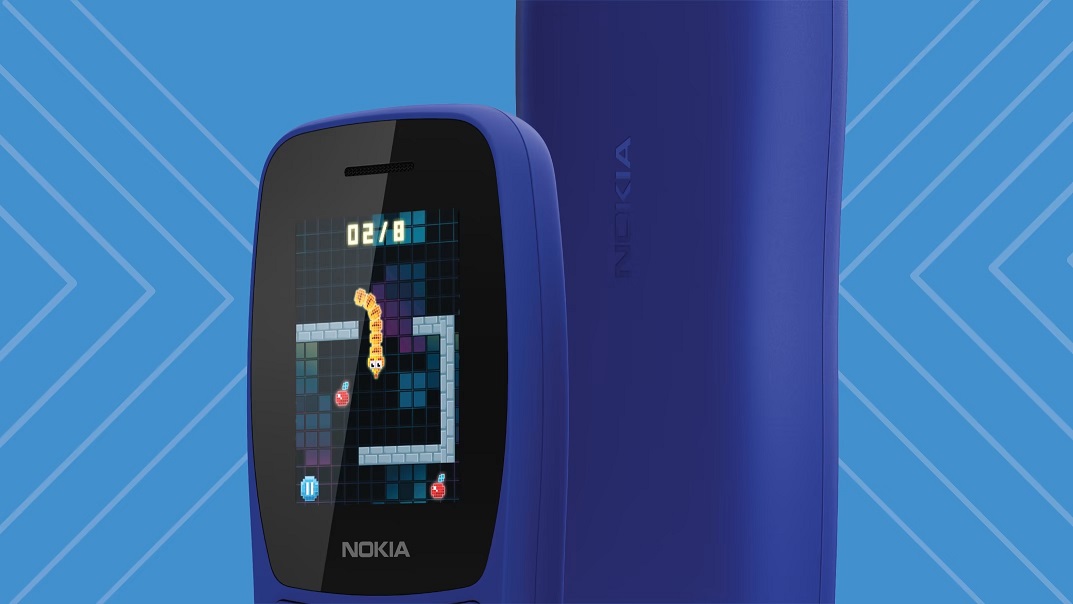The Doom video gaming franchise stands as one of the most influential games of all time, probably taking first place when it comes to the first-person-shooter genre. In fact, for a while after the initial release of Doom, all other first-person-shooters were colloquially known as Doom-clones – despite Doom coming quite a bit later than the earliest entries in the genre. With the recent surprise success of the 2016 Doom reboot, and the hype surrounding the newly announced Doom Eternal, we have to wonder exactly how tastes have changed, and what this might mean for gaming’s future.
Going forwards by going backwards
As we approached the release of 2016’s Doom, fans were nervous about the future of the franchise. While Doom 3 had proven itself popular in its own way, it was not without its detractors. Common complaints here were that while it was a good game, it was not a good Doom game. As the FPS genre had evolved over the years, pushed especially forward by the success of Valve’s Half-Life, there were concerns that the game might not stay true to its roots – and that is exactly what happened.
Doom 2016, at least according to much of the pre-release media, appeared to have fallen into the same trap. Once the game came out, however, fans released that this was not the case at all and that the bizarrely unrepresentative videos released by marketing were wholly unindicative of the completed product. The new Doom was fast, it was gory, it was filled with monsters, and it was one of the most graphically impressive games ever brought to PC and consoles. Funnily enough, this was exactly what made the original two games so popular.
Following trends and setting pace
The gaming industry as it exists today is one of variation and selection, but on the largest AAA scale, this is often not the case.
If we use a traditional-based online game such as roulette as an example, we can see a few interesting points. These games have remained incredibly similar to their first incarnations in 17th century Italy and, while variations like American and French exist, they still have a strict interest in what made the original games great. Even newer forms of these games, like AR roulette, push the envelope in terms of integration with modern technology, yet remain as faithful to original tastes as possible. The AAA video game market, on the other hand, is often one of trend-chasing over any real inspiration.
The most obvious way in which this has recently taken shape is the obsession major developers have shown with chasing the newly emerged battle-royale genre. As games like PUBG and Fortnite rose from obscurity to become the most profitable and popular games in our current zeitgeist, some developers like EA have been quick to abandon the things which originally made their games great, in pursuit of a piece of the pie.
Reaching equilibrium
As Doom 2016 and the response to Doom Eternal have shown us, there is still as much of a desire for classic gameplay as ever before. With this in mind, the question becomes exactly how far will major publishers and developers go in butchering previously successful properties in order to chase the newest and hottest thing. Gaming is filled with examples of this having disastrous consequences, yet only recently have the tides really begun to turn. This is a battlefield on which the fight is still being fought, so we have to wonder – will creativity win the day or will a lack of imagination lead us down the path to another crash of the video game industry?
We know which we hope for.






























